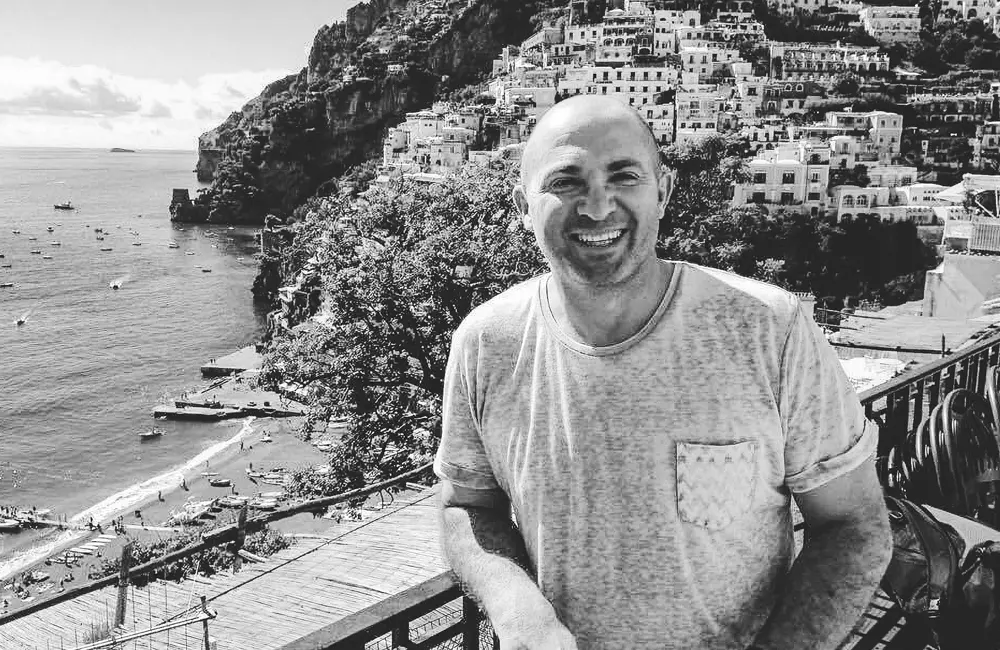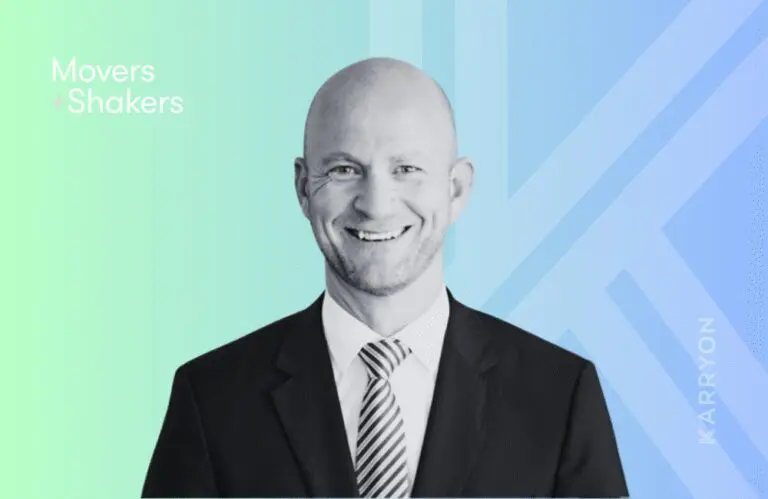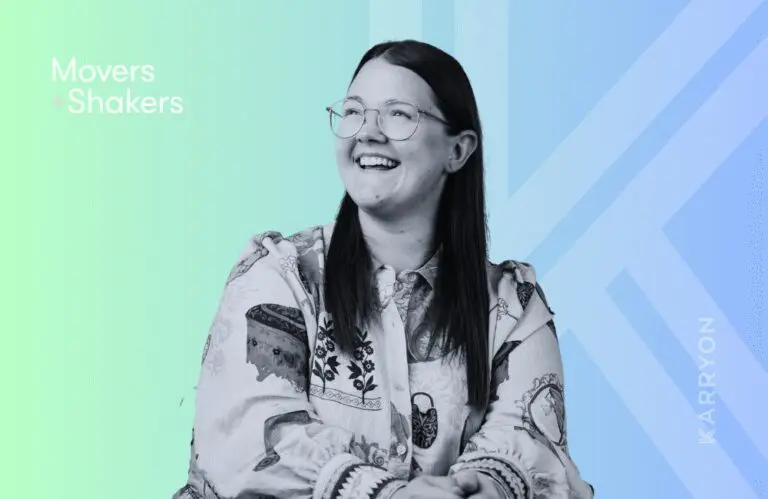Damian Borg learned travel in its back rooms and front lines. He knows the game because he’s played almost every position. He now leads with the common sense and clear vision born of seeing the travel industry whole. He doesn’t lead from the sidelines. He takes the field.
Damian wrote tickets by hand in a Parramatta travel agency until his wrist ached. He was on work experience, doing the kind of work that crushed any illusion that travel was all glamour. Soon after, he was in the Globus mailroom, folding, stapling, boxing documents and hauling them to the post office. Day after day, he sent other people’s travels into the world, while he stayed back in the fluorescent hum of that room. This is where Damian first experienced travel, weight in the hands before it was wonder in the world.
Doing the work that had to be done taught him how things fit together. The boy in the mailroom learned that leadership is not a title, but a willingness to carry the box yourself.
“That grounding, starting at the very bottom, shapes everything about how I lead, how I work, how I’ve moved through the industry,” he tells Karryon.
He was 16 when he walked into that mailroom. Today he is Senior Director of Sales Strategy and Operations for Asia Pacific at Norwegian Cruise Line. Almost forty years separate those two points. And yet every decision he makes now is sharpened by the knowledge of where he began.
Breaking the mould
Damian was the third of four boys in a European family in Western Sydney, where work was practical, life was local, and the idea of crossing oceans belonged more to the distant notion of ‘one day’ visiting the homeland.
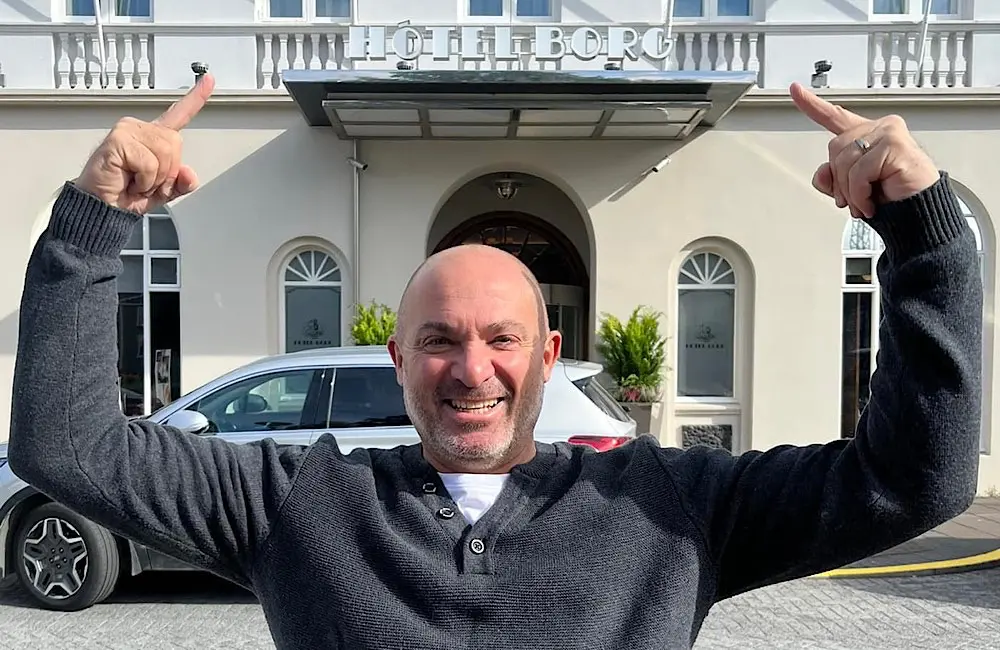
“Our parents hadn’t travelled outside the country. None of my relatives had. I was one of about 50 cousins and the first to go overseas by myself,” he remembers.
At eighteen, Damian boarded a plane to Scandinavia alone to visit a Swedish pen pal. He wandered foreign streets for three months without a map of what was to come. And he loved it. Still loves it.
Lessons from the field
“I was a very quiet kid,” he says of the boy who played rugby league, who learned the give and take of a team, who discovered that in a team even the quietest voices are lifted.
Damian’s approach to leadership feels like it owes more to those muddy football fields than boardrooms: keep the ball moving, work together to move forward, keep driving the play even when the odds are against you. In sport came the lessons of accountability, trust and resilience that would anchor his future work.
“When you’re in a team, it’s all-hands-in,” he says.
“Others count on you, they depend on you not to drop the ball.
“As a captain, I had to know when to lead, but then also when to ‘follow’.
“It’s the same in business. You just don’t know what your team is capable of until they are tested… and I see the same truth every day in my team. When challenges come, they don’t shy away, they rise together, push harder, and often surprise even themselves with what they can achieve.
“That’s the beauty of a great team: you’re never just measuring individual strengths, you’re multiplying them. When trust, resilience and purpose align, the impossible suddenly feels possible.”
Learning on the job
There is still a small flicker of unease when Damian talks about education. “Sometimes I can feel embarrassed about the fact that I didn’t go to university,” he admits.
“These days, you can’t open up a job ad without it asking for a degree, but that shuts out people like me.”
He shrugs, then smiles. “Back in my day, it wasn’t the be all and end all. You either got into a trade, you joined the police force, or you got a job at the bank. I applied for the bank and they knocked me back because I said I’d love to work for Westpac Travel.”
Travel, it seems, had already chosen him.
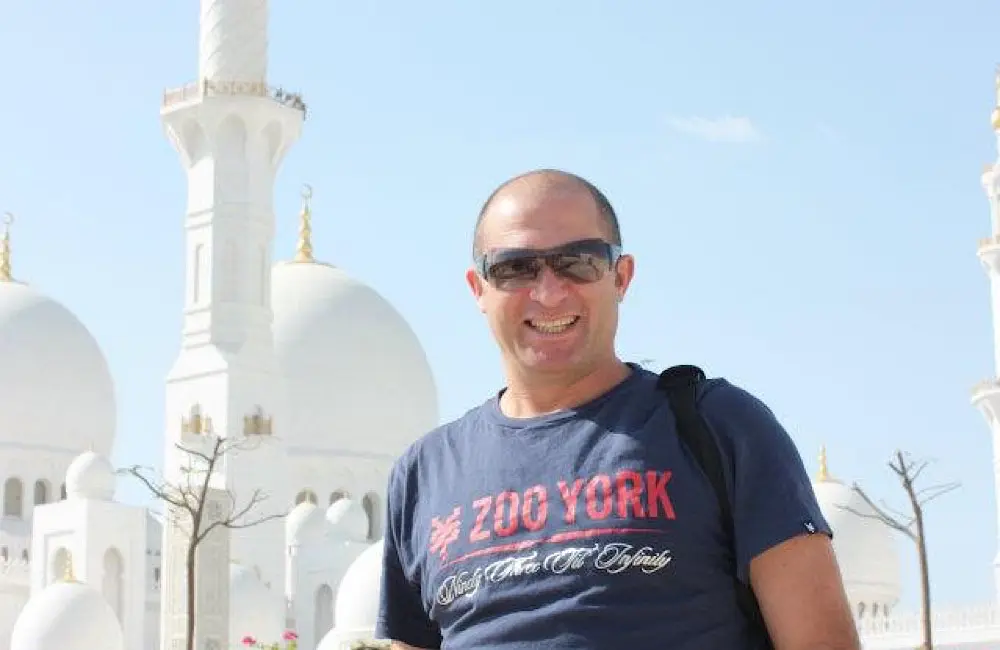
Over nearly four decades, Damian’s career has traced a wide arc through the travel industry. From the mailroom at Globus, he moved through reservations and groups, then into sales roles at Club Med and Contiki. Each step brought a bigger brief, fresh lessons and a deeper conviction that he should only work for products he truly believed in.
His litmus test is simple. “Would I sell this to my family and friends?” If not, he won’t.
The cost of success
Before long, that drive to keep moving forward also carried a personal price.
“If I could say what my greatest regret is, it’s the fact that I wasn’t always there for my family, in particular my kids, when they were younger,” Damian says.
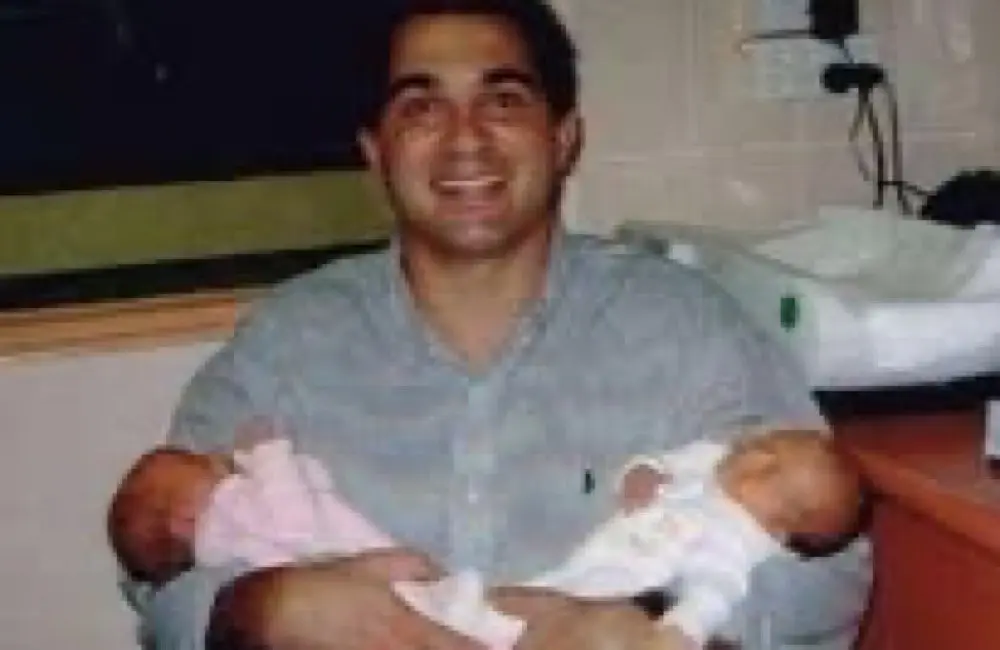
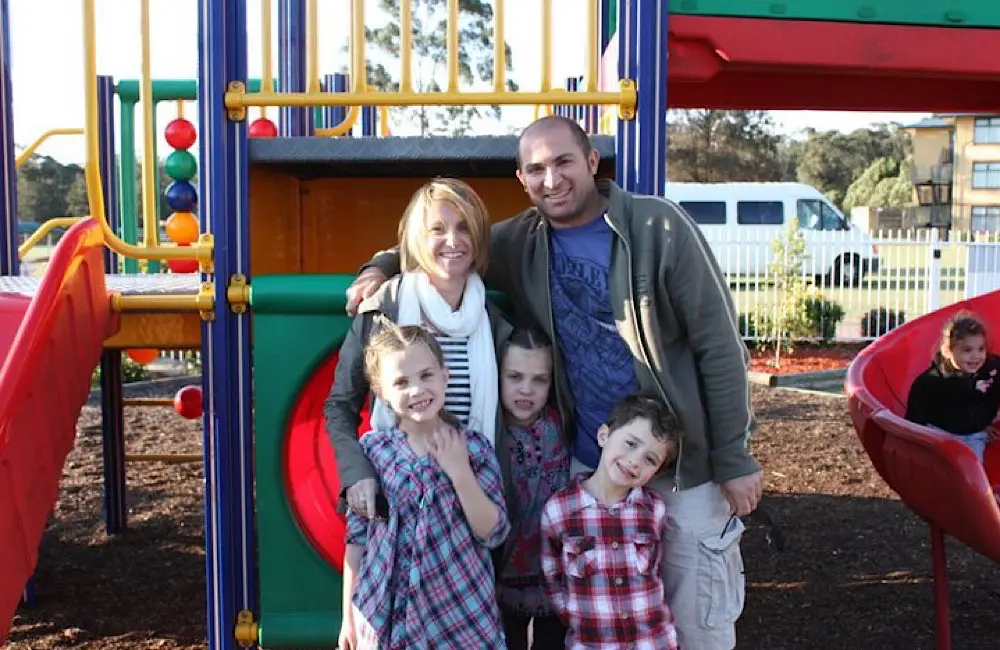
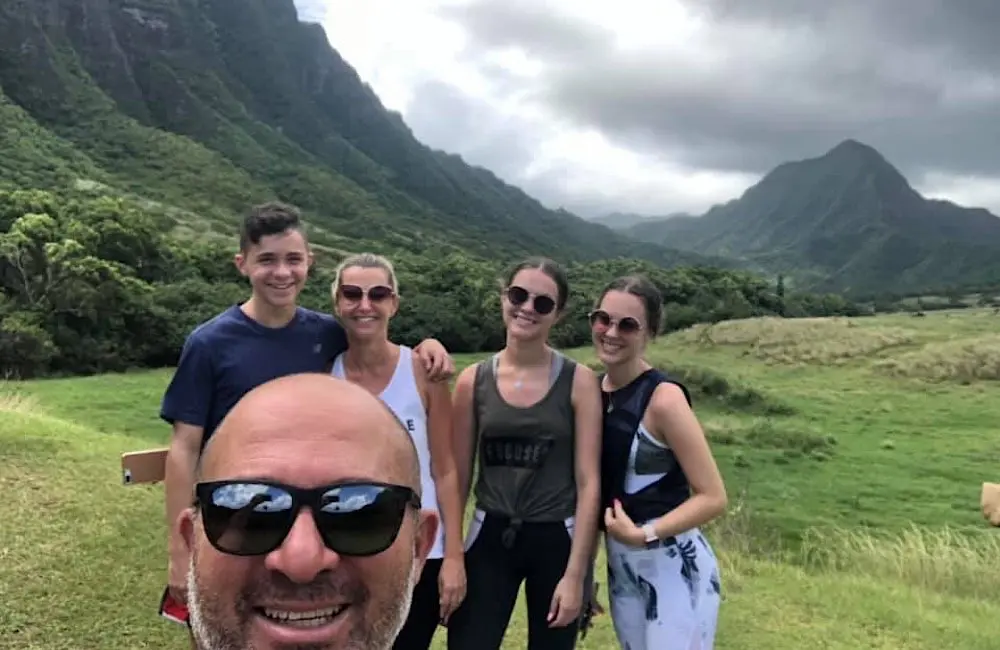
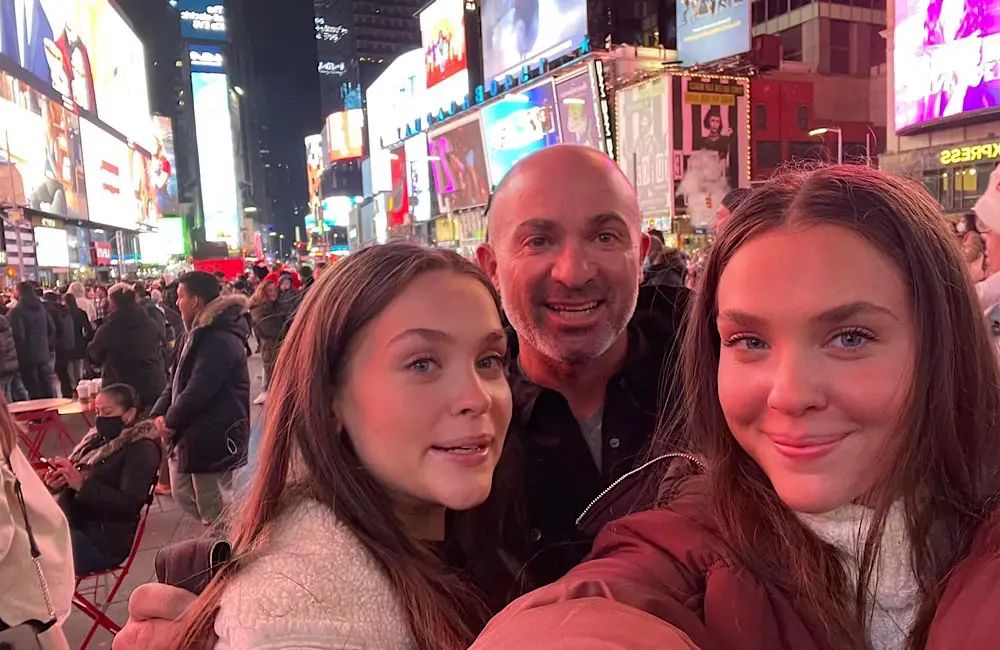
“I missed the opportunity to take them to school, pick them up, coach their netball team or their football team. Because I just wasn’t reliable.
“Life as a sales rep might look glamorous with all the travel, but the reality is long stretches away from home and the people you love.
“I’ve learned to manage my time better, though the industry calendar makes balance tough. So here’s to all the BDMs out there, the unsung heroes who give so much of themselves, often without thanks. My advice to agents: value your BDMs, because every booking comes at the cost of time with those they cherish.”
Now, with older children, his twin daughters and a son, Damian shows up as often as he can.
“I’m fortunate that my kids have also discovered a passion for travel. They may not be selling it like me, but they share that same excitement I had when I was younger about experiencing everything the world has to offer.
“They’re always planning the next adventure, and of course, it’s even better when Dad picks up the bill! The best part is being able to share this passion together now as adults, creating memories that mean even more.”
That regret, and the way he has worked to live with it, has become part of the way he leads and makes decisions.
What makes a leader
During COVID, Damian remembers getting a phone call.
“Mark Richards from Carnival Cruise Lines rang just to see how I was. That’s what our industry is all about.”
For Damian, that solidarity matters more than rivalry. He’s never been afraid to engage with competitors, recognising the mutual respect that exists for what each brings to the industry. In his view, it’s this respect and openness that strengthens the whole sector, not just individual players.
“Let’s get back to common sense,” Damian urges.
“Real progress comes from acknowledging the strengths of others in the industry, respecting what they do, and using that perspective to keep raising the bar in your own work.
“This industry lives and dies on relationships.”
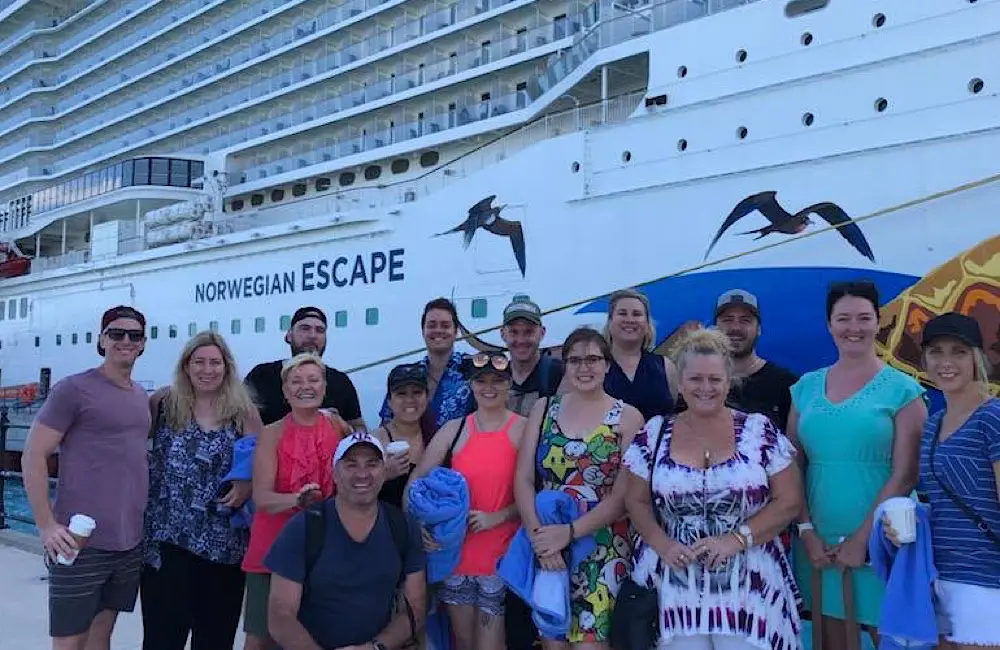
Bermuda
He embraces AI and analytics, but knows they’re not enough.
“The analysts can confirm the numbers, and AI can polish the edges; it can even make me look smarter.
“But numbers alone don’t create success. It’s what we do with them as a team, how we come together and act on them, that turns data into progress.”
Eight years into his time at NCL he is still fired by fresh directions and new ways forward.
“We’ve got so many opportunities to pursue,” Damian says.
“We can’t sit on our hands and expect what we did yesterday to work tomorrow.”
If his story says anything, it’s that leadership isn’t a carpeted climb of titles and degrees. It’s the churn of a rugby field where you learn to keep the play alive. It’s writing tickets by hand under fluorescent light. It’s regret carried and channelled into doing better now. It’s travel, seen both as labour and as witness.
And it endures. Nearly four decades on, from a 16-year-old in a mailroom to the director’s chair, Damian Borg knows exactly where he began. And he lets that beginning guide him still, from a quiet kid to one who learned that voices carry further when they rise together.



